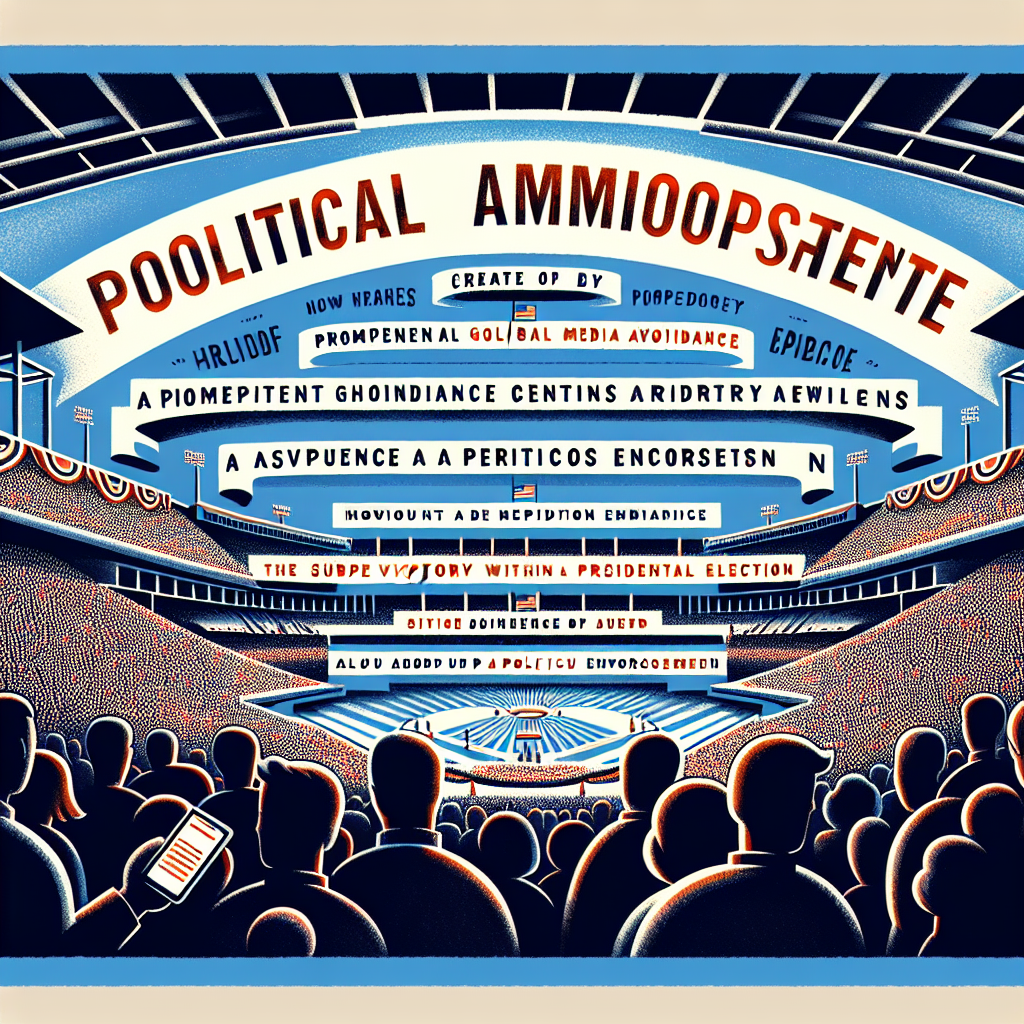In a recent episode of the Jimmy Dore Show, the host discusses several pressing political topics, including Donald Trump’s rally in Manchester, New Hampshire, the Washington Post’s stance on Kamala Harris, and the implications of Trump’s potential victory in the upcoming elections. Dore emphasizes the significance of Trump’s presence in the political landscape, noting that despite his controversial nature, he manages to rally considerable support among his base. He points out how Trump’s ability to connect with working-class Americans sets him apart from traditional politicians, who may often fail to resonate with this demographic.
Dore also critiques the media’s portrayal of Trump and his supporters, arguing that there is a concerted effort to frame them in a negative light. He delves into the Washington Post’s refusal to endorse Kamala Harris for her re-election, suggesting that this lack of support indicates wider concerns within the Democratic Party about her viability as a leading contender. Dore contends that Harris’s administration has been marked by complacency and an inability to champion progressive policies, which alienates the very voters the party needs to energize ahead of the elections.
Moreover, Dore argues that Trump’s potential victory is vital not only for his supporters but also for the broader political discourse in America. He suggests that a Trump presidency could serve as a wake-up call for the Democratic establishment, pushing them to reconsider their strategies and policies in order to engage more effectively with their constituents. This perspective challenges the narrative that viewing Trump as a threat oversimplifies the nuances of political engagement and voter discontent in the current climate.
Additionally, Dore reflects on the evolving relationship between the electorate and mainstream media, noting that many people are increasingly skeptical of traditional news outlets and their motivations. He points to a growing disillusionment among voters who feel that their concerns are not being addressed by those in power, which creates an opportunity for alternative voices like Trump to fill that void. Dore posits that this shift in perception is contributing to a deepening divide in American politics, as more individuals seek out candidates who speak directly to their grievances.
In the discussion of Trump’s socio-political appeal, Dore highlights his messaging and ability to distill complex issues into simple, relatable terms. He notes that Trump’s focus on America-first policies resonates strongly with people who feel left behind by globalization and elitist politics. This ability to tap into economic frustrations is pivotal, as it allows him to build a loyal following that transcends traditional party lines. Dore asserts that this populist approach challenges the establishment’s narrative, which often dismisses such concerns as outdated or irrational.
Ultimately, through his analysis, Dore reinforces the idea that Trump’s return to the forefront of American politics represents more than just a candidacy; it is indicative of a broader discontent with the status quo. He advocates for a candid conversation about the shortcomings of both major parties and the need for representation that genuinely reflects the will of the people. By examining these dynamics, Dore urges viewers to critically assess the political landscape and recognize the implications of the current trajectory leading up to the 2024 elections.

